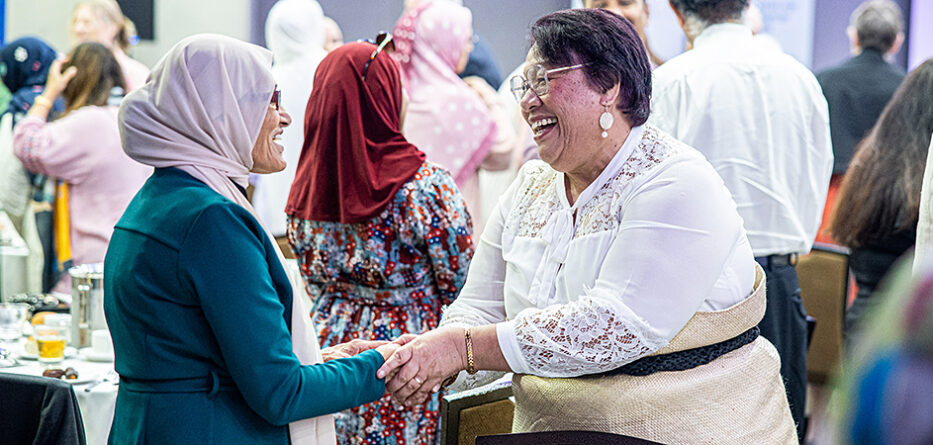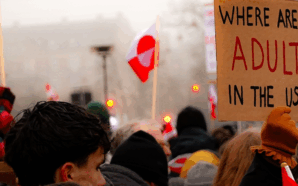February 4: Universal Day for Human Fraternity
The Universal Day for Human Fraternity is a fairly new tool in the United Nations toolbox for promoting good causes. The date honours the historic meeting meeting between Pope Francis and the Grand Imam of Al-Azhar, Ahmad al-Tayyib, on 4 February 2019 in Abu Dhabi, which resulted in the signing of the document entitled Human fraternity for world peace and living together. Although it highlights the relationship between religions, however, the scope of the day is larger in its scope.
Fraternity is one of the three words associated with the French Revolution and its impact on later societies. They are Liberty, Equality and Fraternity. Together these words form a mutually dependent recipe for good governance and political conventions. When all three are honoured, a society will thrive. When any is lacking the others will also be corrupted
Of these three qualities, fraternity is perhaps the most conspicuously under threat today. At the same time, of course, liberty certainly needs safeguarding against totalitarian regimes and authoritarian overreach in governance, and inequality lies at the root of much disaffection among people who do it hard. In many societies, however, suspicion and hatred of particular groups, whether refugees, immigrants or people of different race, religion or social background, leads to totalitarian government that favours the very wealthy and introduces punitive laws against minorities. Hatred and contempt, the enemies of fraternity, breed inequality and deprive people of liberty.
In Australia querulous division in public life lies at the heart of paralysis in government and of conflict. Goverments become terrified of taking the economic, political and other decisions necessary to protect the environment and defend the human dignity of vulnerable people. In the face of polarisation too, they also yield to pressure to take harmful, crude and ultimately ineffectual solutions to such complex situations as destructive conduct by children and the treatment of people who seek protection.
Polemical and oversimplified positions reduce complex problems to an unrealistic choice between bad policies. In a fraternal public conversation wounds can be healed and possibilities opened. In responding to the war in Gaza and its aftermath, the relations between Indigenous and non-Indigenous Australians, the tension between the claims of religion and of free speech, and the questions that flow from gender change, mutual trust, moderate words and a desire to find common rather than disputed ground would make a great difference.
Fraternity does not mean giving up on truth and of strong positions on controversial issues. Pope Francis insists on dialogue in the Church and in society but also speaks trenchantly of the urgent need to address the ecological crisis, to case from war, to curb the influence of self-interest in big media, and to welcome refugees. He favours building trust and engaging in diplomacy. These are the practices of fraternity.
Fr Andrew Hamilton SJ writes for Jesuit Communications and Jesuit Social Services.








